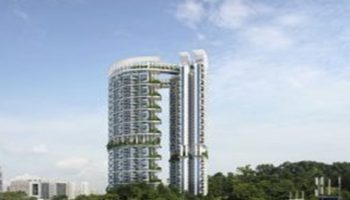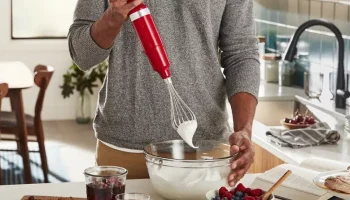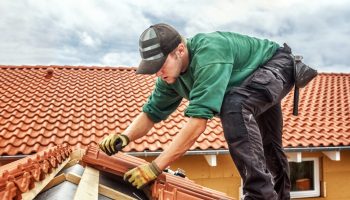As homeowners, it’s gratifying to know that your efforts in improving and maintaining your home have not only safeguarded your investment but also potentially increased its value. However, it’s crucial to be aware that not all upgrades are created equal, and some might even have a detrimental effect on your property’s worth. Here are some upgrades to avoid if you want to maintain or enhance your home’s value:
1. Whirlpool Tubs/Luxury Bathrooms:
While the idea of a spa-like bathroom is appealing, going overboard with luxury features can backfire. Over-customizing or adding high-end upgrades in bathrooms can actually decrease your home’s value. Instead, focus on simple, timeless upgrades that have broad appeal to potential buyers. Not everyone may share your taste for opulence, and these upgrades might not resonate with all buyers.
2. Too Much Curb Appeal:
Surprisingly, there can be such a thing as having too much curb appeal. While a well-landscaped front yard is typically seen as a positive, over-landscaping or using expensive plants and features can create an additional burden for future homeowners. High-end landscaping can be costly to install, maintain, and replace, and these expenses may not translate into a higher home value. It’s important to strike a balance between an attractive exterior and a manageable upkeep.
3. Sunrooms:
Sunrooms may not significantly add to your home’s value, especially in neighborhoods where they are not common. While some areas may have a high demand for homes with sunrooms, in most cases, the addition of a sunroom might not justify the expense when it comes to recouping the cost upon selling. Consider the local market demand before investing in a sunroom.
4. Excessive Customization:
Customizing your home to fit your personal style can be rewarding, but it’s essential not to overdo it. Bold accent walls, unique hand-painted tile flooring, or distinctive wallpaper choices may reflect your tastes perfectly, but they might not resonate with potential buyers. Future homeowners may see these customizations as additional work or expenses to undo or change. It’s wise to strike a balance between personalization and maintaining a neutral, adaptable design that appeals to a broader audience.
In summary, while it’s natural to want to improve your home and make it more comfortable, you should be cautious about certain upgrades that can have a negative impact on your home’s value. Prioritizing upgrades that are universally appealing and in line with your local market’s preferences can help ensure that your investment not only protects your home’s worth but potentially increases it when it’s time to sell.





